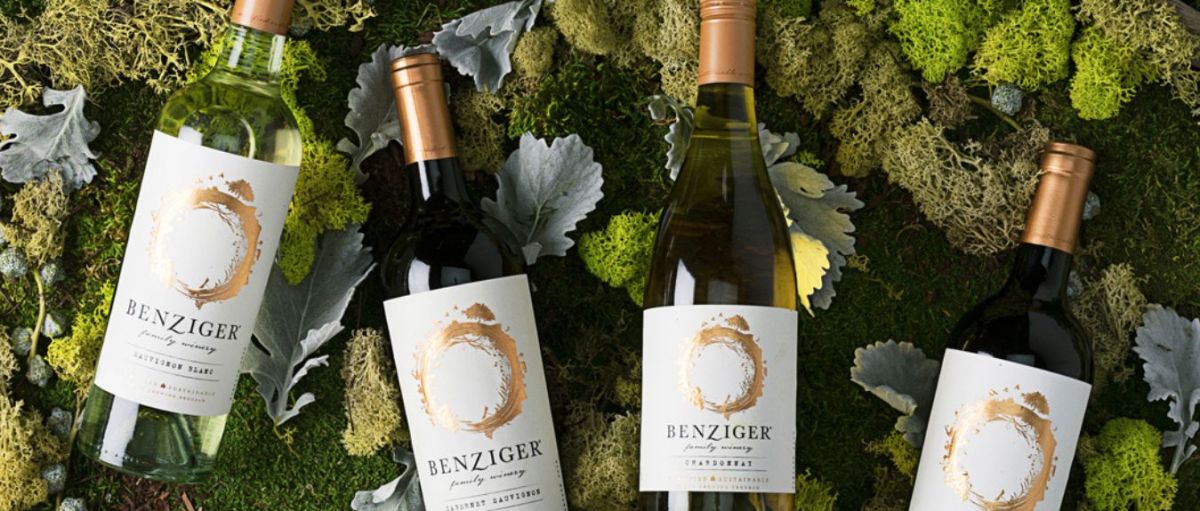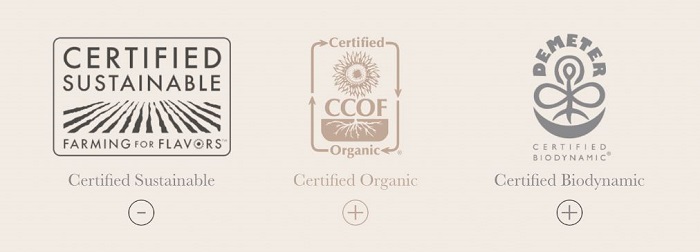Warehouse
Deadline
July 10, 2026
Judging
Date
July 27, 2026
Winners
Announced
August 12, 2026

In 2010 in the US, 32% of all regular wine drinkers were aged 55 and over, and 28% were aged between 21 and 34. As of 2020, almost half of all American monthly wine drinkers are over aged 55 and over. The UK has seen a more extreme pattern, with those aged 18-34 falling from 24% to 14% of regular wine drinkers, and over 55s increasing from 37% to 56%.
These statistics from Wine Intelligence exhibit a trend in Wine Consumption that skews in big numbers. The report also states that they drink wine more often, tend to spend more money on wine when they do buy it, and appear more confident about what they are buying, despite the fact that many have lower knowledge levels about wine compared with their forebears of 2010. In the US, these two younger-oriented segments now account for one dollar in three spent on wine in off-premise, and half of all dollars spent on wine in on-premise.
[[relatedPurchasesItems-44]]
This, naturally, is an impetus for more wine being produced around the world. But this brings us to one of the most important questions in lieu of Climate Change.
One of the many reasons why the younger demographic is moving increasingly away from wine is also lifestyle choices. It is important for this generation to look at the carbon footprint of their favorite activities, one of which is a glass of red for their big and small moments. This generation is thinking about Climate Change actively and living consciously. They are also monitoring their food, cutting down on waste, and repurposing their leftovers. It is natural that they want to drink cleaner or moderate their consumption while being actively aware of the impact of their wines on the planet.
For starters, we can look at making our wine lists sustainable or incorporate wines that believe in giving back to the environment, society, or its own production processes. Many organic and sustainable wines are now available in the global market that can make for a great addition to attract a new demographic. You might find certified sustainable wines as well as wines that are increasingly trying to better the practice. This makes for a great start. Ideally, these wines should be transparent in their practices, public in their endeavor of producing sustainably, and unwavering in their vision. You can extend this information to your consumers and help them make more sustainable choices. Corporate Social Responsibility on the side of your listed wines’ brands adds to this case. How do they give back to their community and nature as a whole? Leverage the conversation around the same.
You can find one producer exclusively making sustainable wines or different producers with a small selection of sustainably made wines. The former build their brand around sustainability and the latter might not advertise them aggressively. So, you need to have a keen eye in telling sustainability and greenwashing apart and finding the perfect wines for the list.
Sustainable, Organic, and Biodynamic are the three key terminologies used when it comes to understanding sustainable wines. These three are often used interchangeably but stand for three different concepts altogether. These also depend on the certification assigned to the brands in question dependent on how they grow, cultivate, produce, and market the wine. California Sustainable Winegrowing Alliance, LODI Rules, SIP, and Environmental Management Systems (EMS) under ISO 14001 are some of the most popular certifications of sustainable wines.
Organic labeling of wines is mandated through only one body in the US i.e. United States Department of Agriculture (USDA). Their mandate requires for the wine to be organic from grapes grown without pesticides to every other ingredient has to be organic. The “biodynamic” certification comes from meeting the standards for biodynamic farming, growing pesticides and herbicides free, and setting aside 10 percent of the farmland as biodiversity preserve. The biodynamic certification is assigned by the Demeter Association, Inc.

One of the most renowned families and vineyards in the United states are the Benziger Family Winery in Sonoma, California. They check all the boxes by being certified Biodynamic, organic and sustainable farming methods. They are certified through Stellar Certification Services, a third-party organization that recently partnered with California Certified Organic Farmers (CCOF) to promote and issue organic certification. Using solar panels to power their wineries, Chris Benziger, vice president of trade relations at Benziger Family Winery is building a sustainable revolution. In conversation with Well and Good, he explains “We practice sustainability by promoting more biodiversity in our vineyards," Benziger says. “Instead of spraying Roundup, for example, to kill leafhoppers, we created these insectaries and have birds to keep pests down. We filter our waste water through constructed wetlands filled with diverse plants that scrub the water within the roots of the plants, purifying it. The water then collects in a second pond, where it is distributed throughout the property. We have recycled millions of gallons of water in this way,” he says.
“Created with the help of environmental experts and Stellar Certification Services, our third-party certified-sustainable vineyard program is one of the most comprehensive in the country. The program, which emphasizes environmentally sound growing methods, such as biodiversity, soil revitalization and Integrated Pest Management (IPM), shows growers how to cultivate grapes with more character, flavors and aromas with the goal of making better, genuinely distinctive wines. Every year, our growers are required to participate in sustainable farming and are given monetary incentives to improve their point total. Our program is predicated on the notion that there is always room to improve, incorporate new learning and stretch for even higher quality fruit. Our Certified Sustainable program is the strongest, most thorough, quality control program we know about.”
Article by Prithvi Nagpal, Editor & Sommelier, Beverage Trade Network
Header Image Source: Benziger Family Wines
Grow your wines in the off-premise channels of the USA. The Early Bird submission deadline is February 20, 2026, and the domestic submission deadline is June 30, 2026. Here is how to enter.